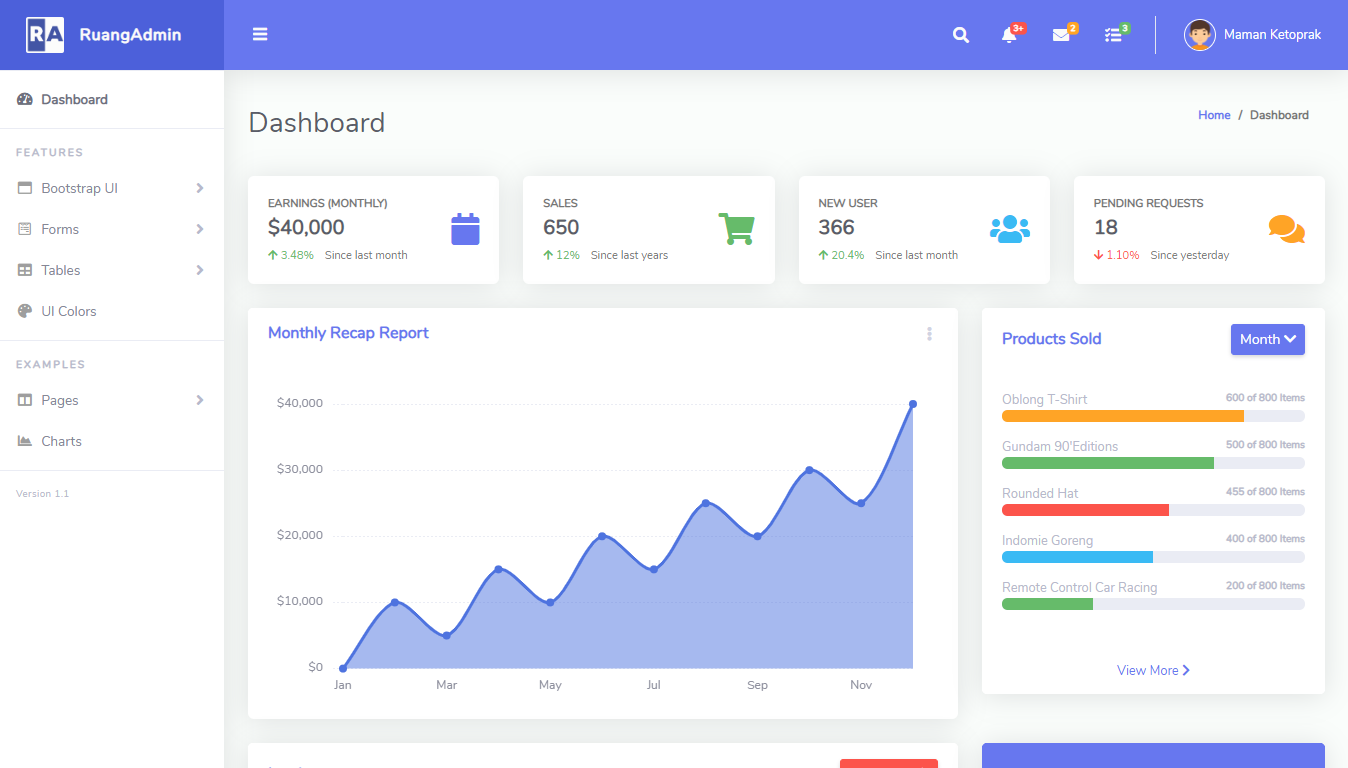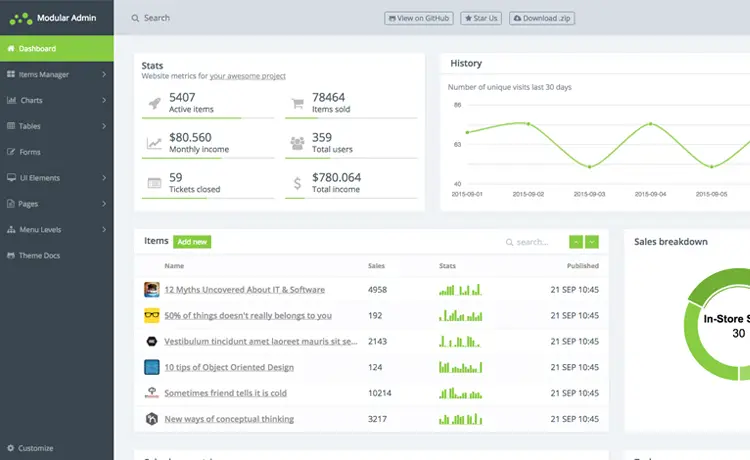How to Convert an Object to a Byte Array in C#
By Tan Lee Published on Oct 28, 2024 4.7K
How to convert an object to a byte array in C#?
The most common approach to convert an object to a byte array in the .NET Framework is to use the BinaryFormatter.
This method requires the object to be marked as [Serializable], and it allows for easy serialization of the object into a byte array using a MemoryStream.
C# Object to Byte Array
For example, c# convert object to byte array
// c# convert object to byte array
// c# class to byte array
public byte[] ObjectToByteArray<T>(T obj)
{
if (obj != null)
{
using (MemoryStream ms = new MemoryStream())
{
// c# serialize object to byte array
new BinaryFormatter().Serialize(ms, obj);
// c# to byte array
return ms.ToArray();
}
}
return null;
}Usage
[Serializable]
public class People
{
public int Id { get; set; }
public string Name { get; set; }
}
//Main.cs
People obj = new People { Id = 1, Name = "Tom" };
// object to byte array c#
byte[] byteArray = ObjectToByteArray(obj);Ensure that the class you are serializing is marked with [Serializable] if you are using BinaryFormatter.
C# Byte Array to Object
To convert a byte array back into an object in C#, you can create a method that deserializes the byte array using the BinaryFormatter.
For example, c# convert byte array to an object
// c# convert byte array to object
public T ByteArrayToObject<T>(byte[] byteArray)
{
if (byteArray == null || byteArray.Length == 0)
{
throw new ArgumentException("Byte array is null or empty.");
}
using (MemoryStream ms = new MemoryStream(byteArray))
{
// c# deserialize byte array to object
BinaryFormatter formatter = new BinaryFormatter();
return (T)formatter.Deserialize(ms);
}
}Usage
[Serializable]
public class Customer
{
public int Id { get; set; }
public string Name { get; set; }
}
public void Test()
{
// Original object
Customer obj = new Customer{ Id = 1, Name = "Lucy" };
// Convert object to byte array
byte[] byteArray = ObjectToByteArray(obj);
// Convert byte array back to object
Example deserializedObj = ByteArrayToObject<Customer>(byteArray);
Console.WriteLine($"Id: {deserializedObj.Id}, Name: {deserializedObj.Name}");
}The BinaryFormatter is marked as obsolete in .NET 5 and later due to security concerns. It's better to use alternatives like System.Text.Json, XmlSerializer, or DataContractSerializer if you're targeting newer frameworks or handling sensitive data.





